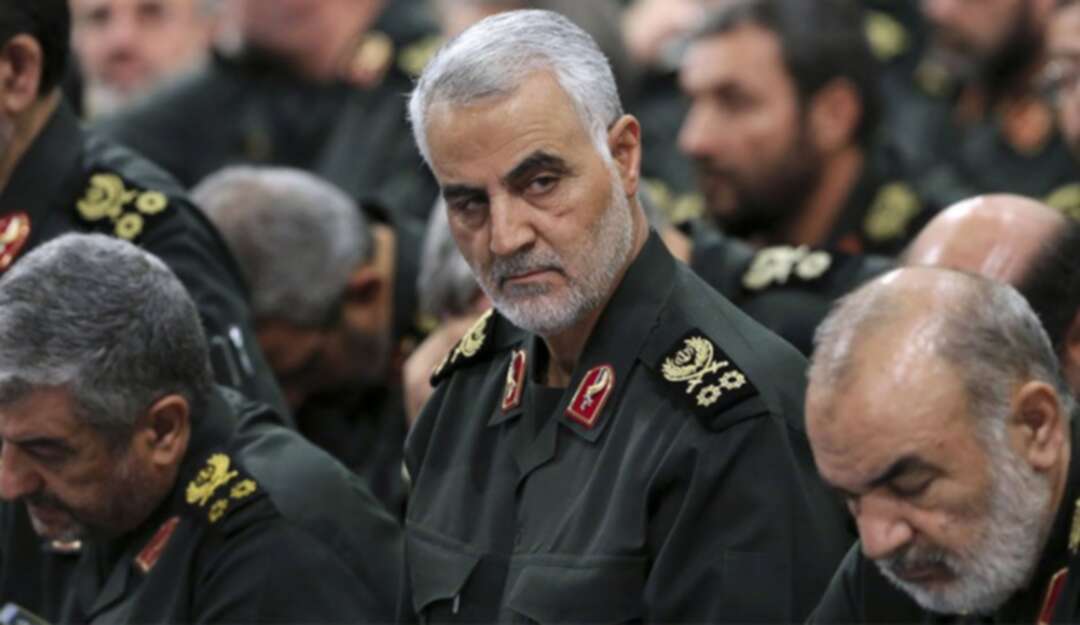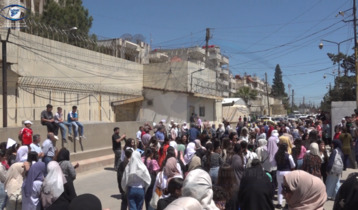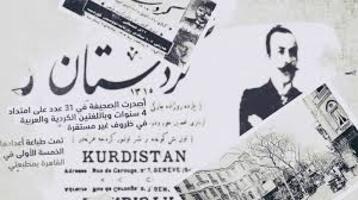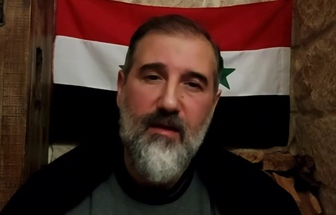-
With Soleimani dead, the world is safer, but it is not enough

Soleimani, a one-time construction worker and weightlifter joined the IRGC after 1979 revolution and soon headed one of the IRGC’s main cadres. Khomeini assigned Soleimani to suppress a Kurdish movement in Mahabad, Western Azerbaijan. Soleimani's brutality earned him command over a Quds Guard Corps unit in Kerman.
The Iran-Iraq War (1980-1988) gave Soleimani opportunities for further advancement. He soon commanded the 41st Mechanized (Tharallah) Division. After the cease-fire with Iraq, Soleimani masterminded offshore money-laundering activities to help Iran export terrorism to neighboring countries. In this role, Soleimani produced narcotics in Afghanistan and distributed them across the Middle East and into Africa, Europe, and the United States.
In 1997, Khamenei made Soleimani commander of the Quds Force. Until his death, Soleimani was responsible for the Quds Force’s terrorist activities, recruitment, and exportation of fundamentalism again, as with the opiates, throughout the Middle East, and into Asia, Africa, America, and Europe. Additionally, Soleimani was Khamenei's advisor for these regions, making him a very influential figure at Iran’s Supreme Council of the Security Council.
In Lebanon, Syria, and the Palestinian territories, Soleimani was personally involved in promoting the ruling regimes’ political influence and terrorist activities. Soleimani also actively pursued attacks on American diplomats and troops in Iraq and throughout the region. He twice received medals from Khamenei.
Soleimani was responsible for the 1996 Khobar Tower bombing in Saudi Arabia (19 American troops killed) and the 1983 American Marine base bombing in Beirut (241 Marines, 58 French military personnel, and 6 civilians killed). He designed many of the IED bombs and rockets that Iran gave its proxies in Iraq. In 2008, when the Mojahedin-e-Khalq, an Iranian main opposition group dedicated to overthrowing the Mullahs, occupied Camp Ashraf in Iraq under U.N. protection, Soleimani masterminded an attack that killed 52.
In Syria, Soleimani’s activities on behalf of Bashar al Assad, Iran’s puppet, helped lead to the country’s 225,000 dead and 6,000,000 refugees. After the U.S. troops withdrew from Iraq, Soleimani was responsible for massive civilian casualties. Always, he was advancing Iran’s control over the regions. Soleimani was one of the cruelest and most brutal executioners in the Middle East.
Pulitzer Prize-winning American journalist Dexter Filkins identified Soleimani as a uniquely powerful figure in the Middle East. Filkins contended that Soleimani strengthened Iran by assassinating rivals, arming allies, and organizing fighter groups that killed hundreds of Americans in Iraq.
Senator Tom Cotton (R. Ark.), who served in Iraq, echoed this assessment in his official statement about Soleimani’s death:
Qassem Soleimani masterminded Iran’s reign of terror for decades, including the deaths of hundreds of Americans. Tonight, he got what he richly deserved, and all those American soldiers who died by his hand also got what they deserved: justice. America is safer now after Soleimani’s demise.
Sen. Jim Risch (R. Idaho), from his position as Senate Foreign Relations Committee Chairman also viewed Soleimani as one of the greatest threats to American troops and to world stability:
I'm also not only on the Foreign Relations Committee. I'm No. 2 on the intelligence committee. And this man's career is notorious amongst people who follow these things. He was arguably worse than Osama bin Laden, particularly as far as the number of people that he is responsible for having killed. He is the man that's responsible for the IED program that killed and maimed so many of our servicemen and women that served in Iraq. He has just been real cancer on the Earth for many, many years.
Soleimani did not get away with these war crimes just because he was cruel, imaginative, and powerful. The freehand he had reflects the long-held American policy of appeasing rather than confronting Iran.
Knowing who Soleimani was and what he did is a gauge for understanding the enemies of peace, democracy, and stability in the Middle East. For years, whether he was operating from inside Iran or traveling to other countries (as he did to Iraq when he was killed), Soleimani’s crimes repressed the Iranian people and exported terrorism and fundamentalism around the world. His goal, always, was to stabilize the Supreme leader system and bypass international community sanctions.
Soleimani’s death at the hands of the American military is an irreparable blow to the Mullahs’ regime. With his death, it is reasonable both to believe and hope that regime change will happen soon in Iran.
Tags
You May Also Like
Popular Posts
Caricature
BENEFIT Sponsors BuildHer...
- April 23, 2025
BENEFIT, the Kingdom’s innovator and leading company in Fintech and electronic financial transactions service, has sponsored the BuildHer CityHack 2025 Hackathon, a two-day event spearheaded by the College of Engineering and Technology at the Royal University for Women (RUW).
Aimed at secondary school students, the event brought together a distinguished group of academic professionals and technology experts to mentor and inspire young participants.
More than 100 high school students from across the Kingdom of Bahrain took part in the hackathon, which featured an intensive programme of training workshops and hands-on sessions. These activities were tailored to enhance participants’ critical thinking, collaborative problem-solving, and team-building capabilities, while also encouraging the development of practical and sustainable solutions to contemporary challenges using modern technological tools.
BENEFIT’s Chief Executive Mr. Abdulwahed AlJanahi, commented: “Our support for this educational hackathon reflects our long-term strategic vision to nurture the talents of emerging national youth and empower the next generation of accomplished female leaders in technology. By fostering creativity and innovation, we aim to contribute meaningfully to Bahrain’s comprehensive development goals and align with the aspirations outlined in the Kingdom’s Vision 2030—an ambition in which BENEFIT plays a central role.”
Professor Riyadh Yousif Hamzah, President of the Royal University for Women, commented: “This initiative reflects our commitment to advancing women in STEM fields. We're cultivating a generation of creative, solution-driven female leaders who will drive national development. Our partnership with BENEFIT exemplifies the powerful synergy between academia and private sector in supporting educational innovation.”
Hanan Abdulla Hasan, Senior Manager, PR & Communication at BENEFIT, said: “We are honoured to collaborate with RUW in supporting this remarkable technology-focused event. It highlights our commitment to social responsibility, and our ongoing efforts to enhance the digital and innovation capabilities of young Bahraini women and foster their ability to harness technological tools in the service of a smarter, more sustainable future.”
For his part, Dr. Humam ElAgha, Acting Dean of the College of Engineering and Technology at the University, said: “BuildHer CityHack 2025 embodies our hands-on approach to education. By tackling real-world problems through creative thinking and sustainable solutions, we're preparing women to thrive in the knowledge economy – a cornerstone of the University's vision.”
opinion
Report
ads
Newsletter
Subscribe to our mailing list to get the new updates!






















